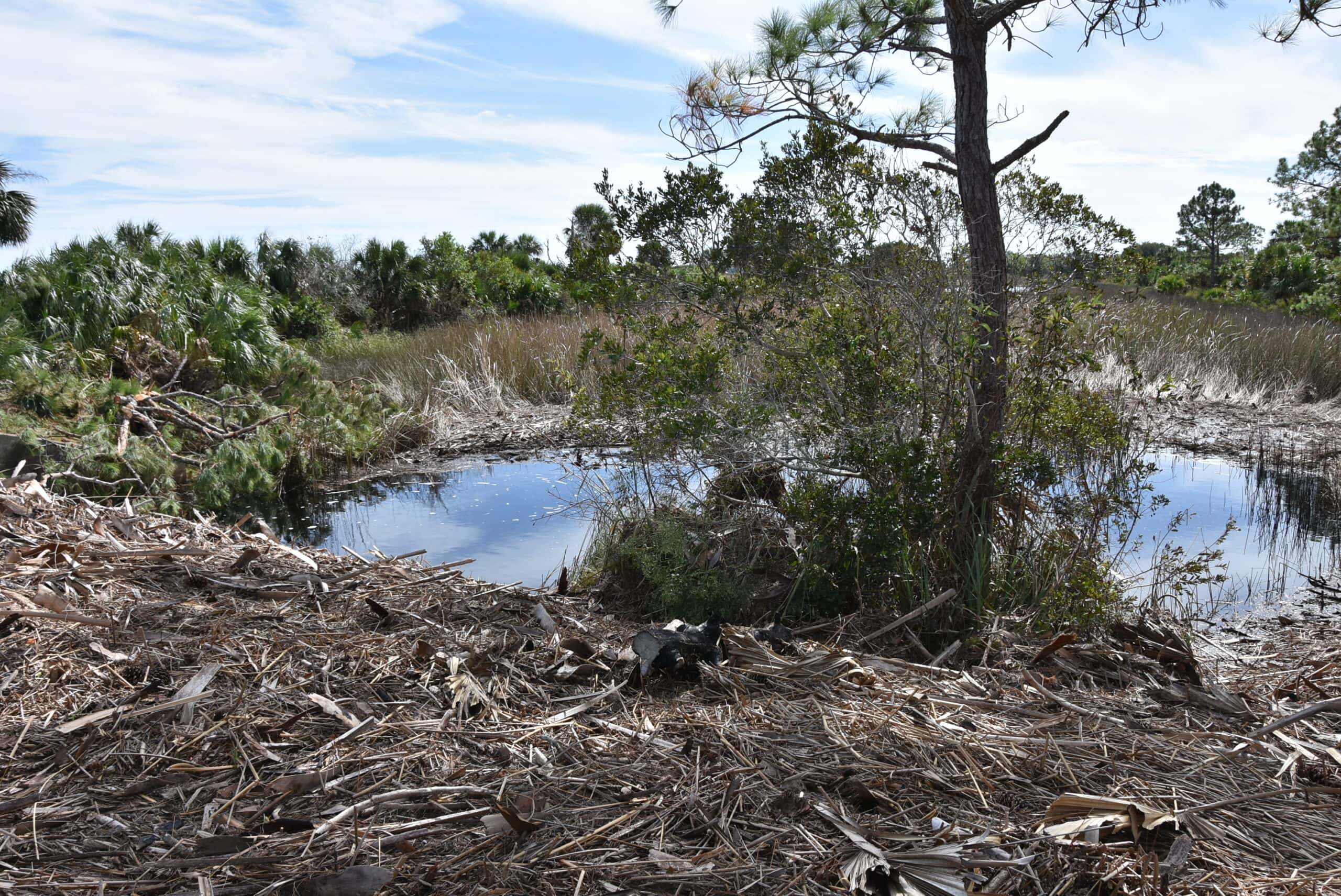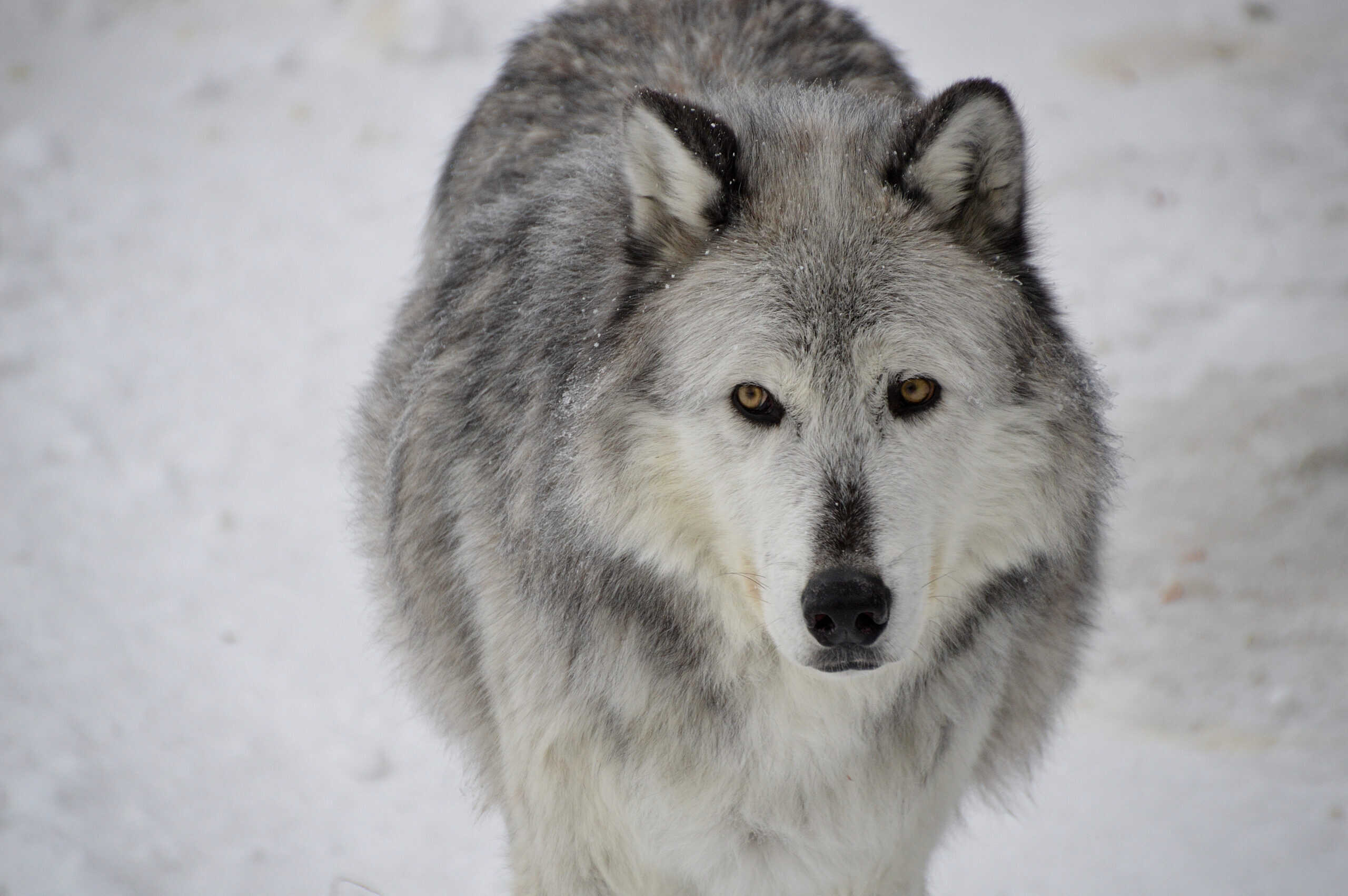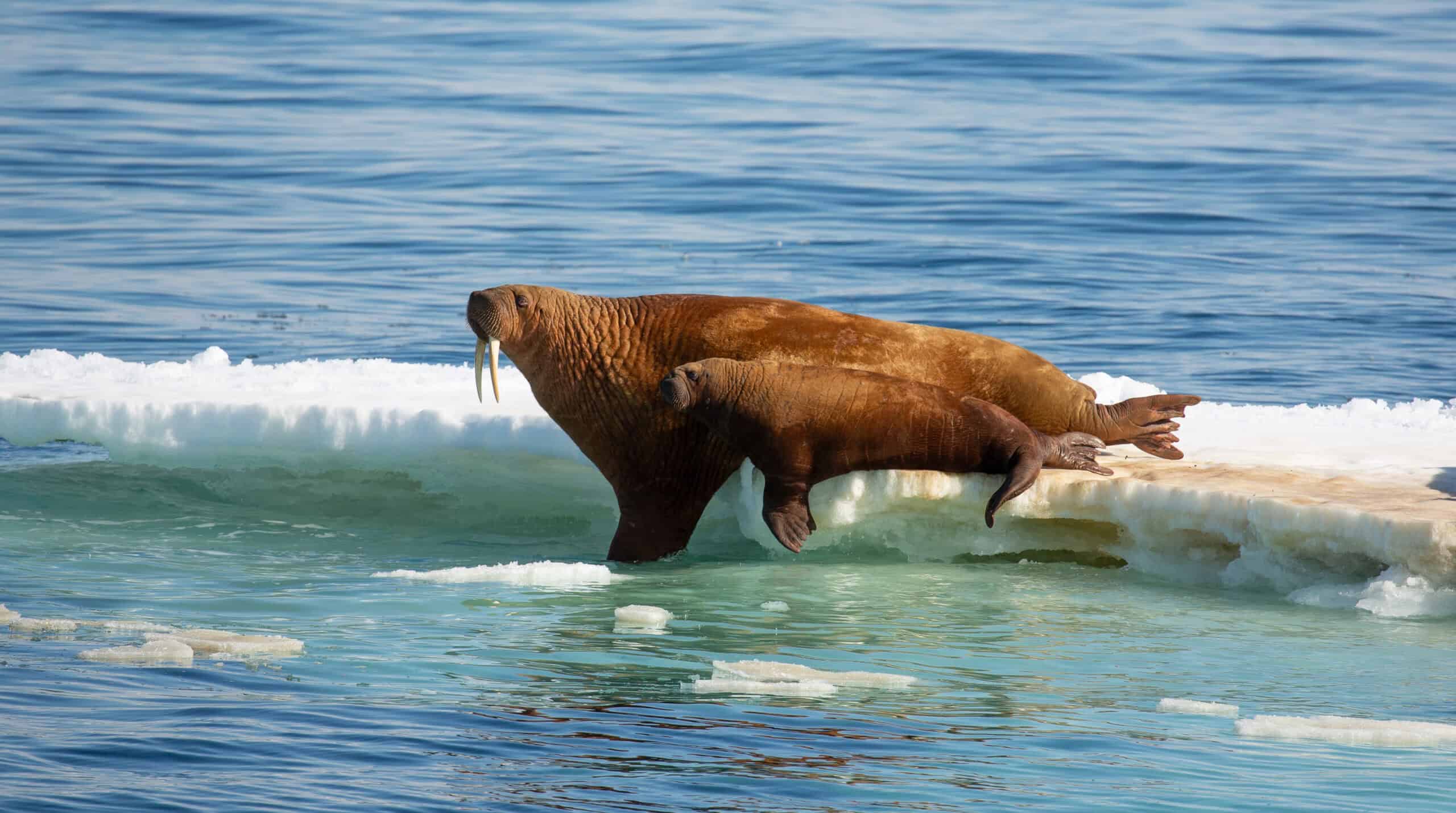Share this article
Wild horses’ wells can benefit other species
The ecological impacts of wild horses and burro usually make for bad news. Scientifically considered feral animals, they are known for damaging the plants and soil of arid ecosystems and crowding out native species. But researchers have found one ecological benefit from them in the deserts of the American Southwest. The animals often dig into the earth in search of groundwater, and those wells can unveil water sources that benefit other wildlife and plants.
“Because of the way we value [feral] horses and donkeys, the orthodoxy tends to focus on how they harm ecosystems,” Erick Lundgren, a field ecologist at Aarhus University in Denmark, told Science News. “We wanted to see whether these holes provided a resource when water is scarce.” Lundgren is a lead author of the study published recently in Science.
Lundgren wanted to see if these holes might function like elephant-built water holes, which can sustain wildlife communities in the African savanna. Setting up cameras in the Sonoran and Mojave deserts, they documented 57 vertebrates — from migratory songbirds to mountain lions — taking advantage of these water sources.
Though the benefits of wells are clear in this study, it’s too early to conclude that feral donkeys and horses are good for ecosystems, notes Jeffrey Beck, a restoration ecologist at the University of Wyoming in Laramie.
Despite the benefits seen in these deserts, says Jeffrey Beck, a restoration ecologist at the University of Wyoming in Laramie, “there’s a whole body of research documenting the detrimental effects these animals can have on drylands around the world.”
Header Image: When wild horses and burros dig for water in the desert, they can benefit other wildlife and plant species. Credit: Alan English CPA








